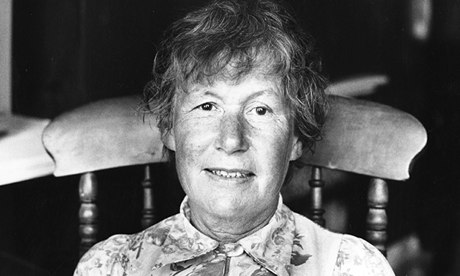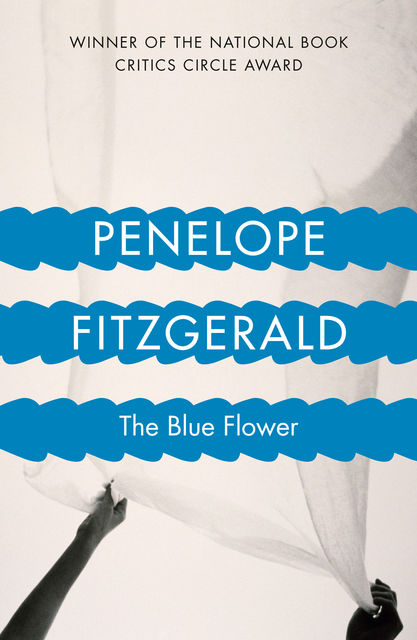

However, it no longer defines it as an exclusively male preserve. An establishment is always invisible to itself and takes a no less complacent form nowadays, cohering without much thought around a very settled idea of what a novel is. That old male literary establishment was and is repulsive with its pathetic boyish sneering. I admired her for attempting to take on the terrain of Idealist abyss, just didn’t think she’d pulled it off. I wrote with sincere, albeit slightly sceptical, admiration and meant it when I tried to indicate that her writing was as good as post-war Anglo-Saxon writing gets. If I’d known more about her biography or been old enough to have heard the lit chat at the time, I would have critiqued The Blue Flower more cautiously. Even PF’s publisher was famously condescending towards her work. This would not make much difference to me except that in a famous instance an earlier novel and eventual winner of the Booker in 1979, Offshore, was poo-pooed by judges and programme-makers as womanly stuff of the side-plate. Well since then Fitzgerald has taken centre stage beside and in place of her work. Of course, they could be wrong or merely reflect an established taste that I don’t share. The Blue Flower –about the life of romantic poet and philosopher Novalis at the difficult moment of his idealisation of 12 year old Sophie von Kuhn, his ‘true Philosophy’- was the perfect vehicle to address that lack and I responded to it accordingly. Everyone else loved and admired it greatly.


I liked the work and felt that probably I would like the author of such work, but also that there was something lacking in it.

I knew the novels and very little about their author except that her previous novel, The Gate of Angels, had been universally hurrahed. Well, I wrote about The Blue Flower back in 1995. Penelope Fitzgerald has become the exemplum of a writer I want to admire more than I can.


 0 kommentar(er)
0 kommentar(er)
